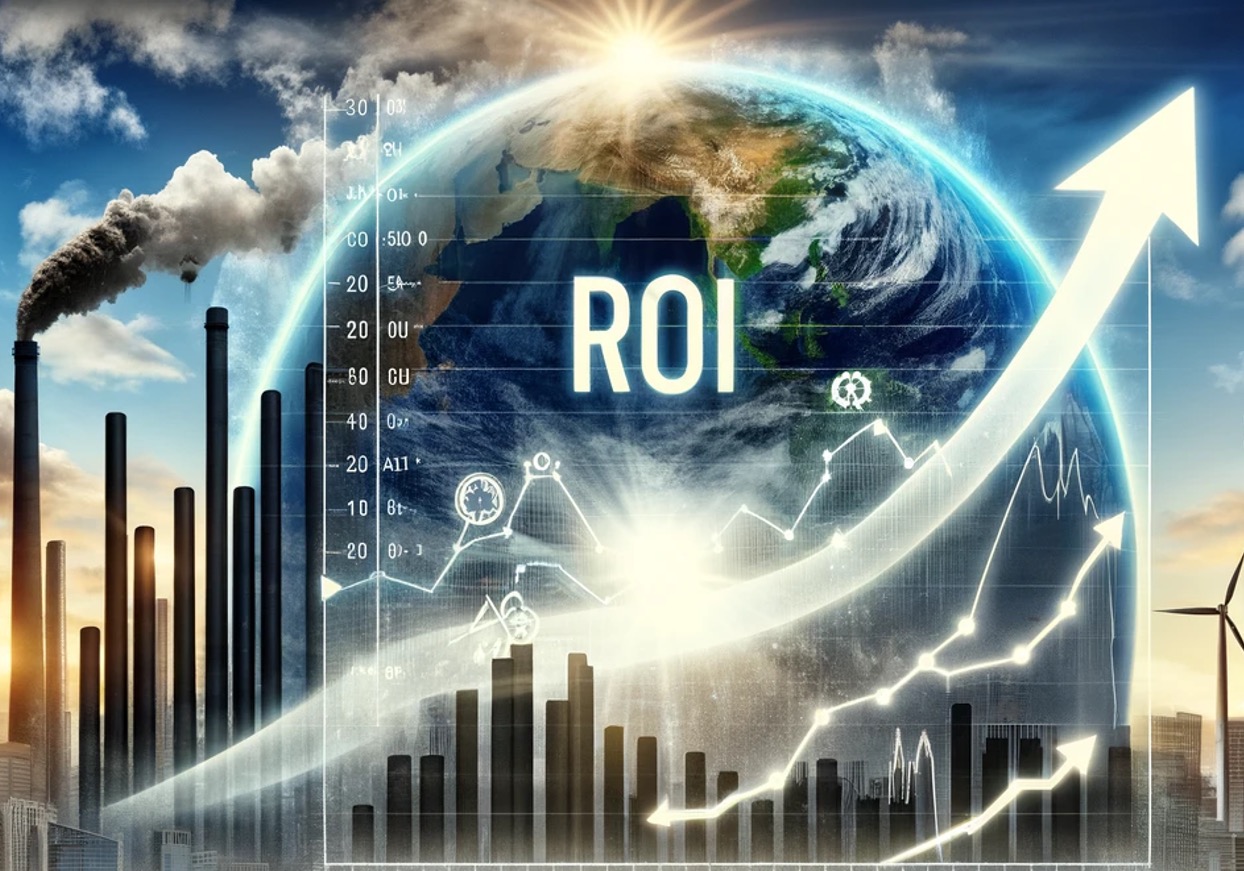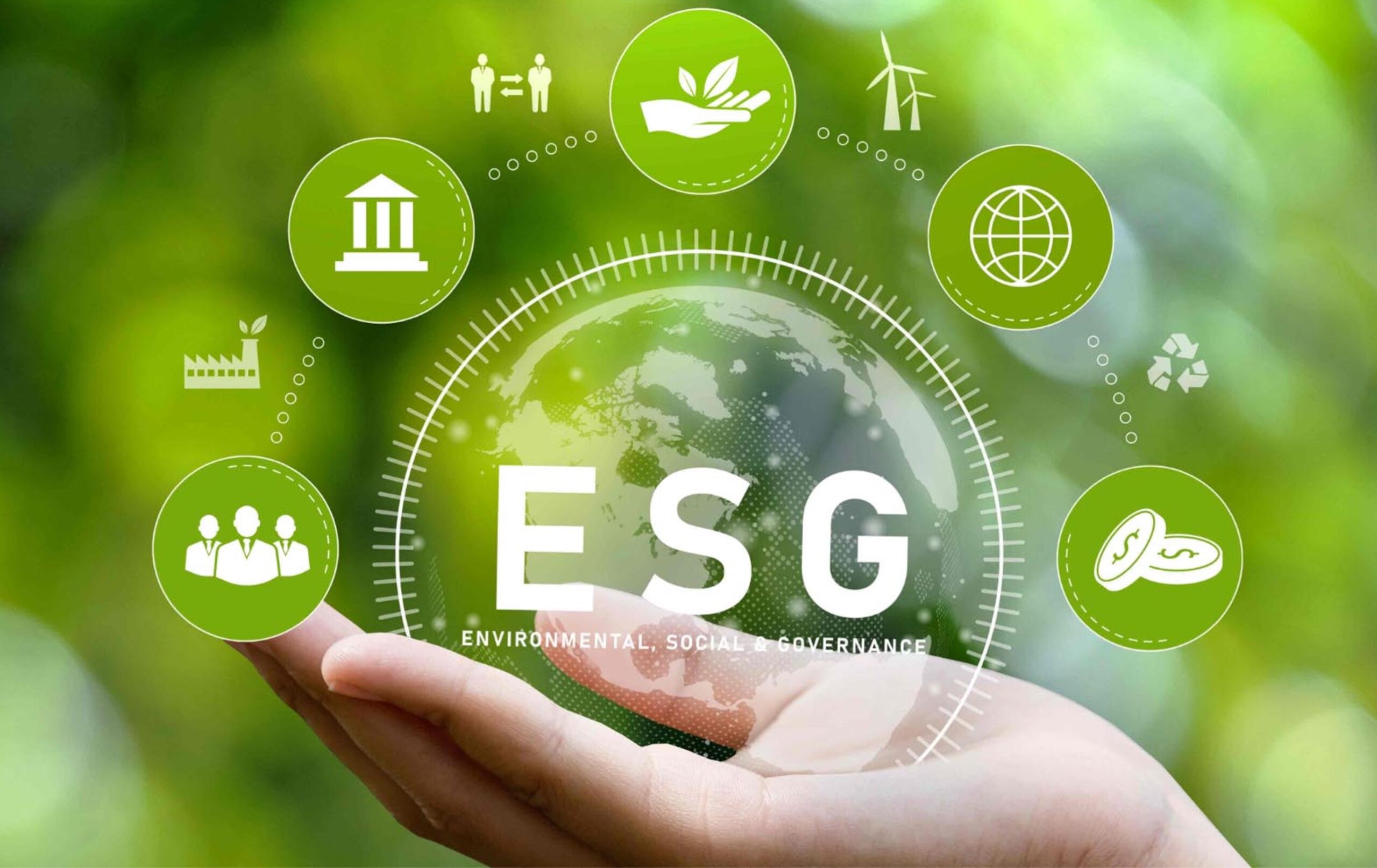Climate Action by Business can Offer a Pathway to Sustainable Growth
The Rapid Changes in Our Climate
Recent scientific studies are highlighting that our climate is changing at a faster pace than previously anticipated. For instance, in early February, 2024, reports from the EU’s climate service revealed that global warming has surpassed 1.5C for an entire year, marking a significant threshold in our efforts to reduce carbon emissions.
Businesses Are Responding to the Challenge
The imperative to cut emissions is now widely acknowledged, with an increasing number of businesses stepping up to reduce their fossil fuel use. This climate action by business is often aimed at keeping stakeholders like customers, employees, and investors on side, has a dual benefit. It not only reduces the carbon footprint, but also ensures energy resources are used more efficiently delivering bottom line savings.
The Challenge of Sustaining Climate Action
For many firms, initial actions to reduce emissions are seen as quick wins. Yet, as these opportunities become harder to find, so the justification for further carbon reduction and cost saving measures become more difficult. This can lead to a slowdown in emission reduction efforts as business cases become less compelling. So, faced with this challenge, how can companies maintain their momentum towards net zero when traditional cost-saving motivations wane? One approach is to find new value in the broader impacts of climate action and emission reductions.
Broader Benefits of Climate Action
Beyond measurable cost savings, the broader value of net zero initiatives often goes unrecognised. These actions signal to customers, employees, and investors that a company is committed to its environmental responsibilities, enhancing its reputation and potentially leading to positive ESG (Environmental, Social, and Governance) outcomes. All of which lead to better business performance through customer loyalty, new customers, employee commitment and reduced cost of capital
Climate Action in B2B Markets
In B2B sectors, the tangible benefits and risks associated with climate inaction are becoming clearer. A company’s net zero achievements increasingly rely on its supply chain’s emissions (Scope 3 emissions). Thus, businesses are increasingly scrutinising their suppliers’ climate and sustainability credentials more closely, marking a significant shift towards more sustainable supply chain practices.
Value Creation through Climate Action
Market changes are prompting businesses to reassess the value derived from climate action. Beyond saving costs, being proactive in climate initiatives opens new opportunities for revenue growth, brand enhancement, and customer acquisition. A strategic focus on integrating climate action into sales and marketing can provide businesses with a competitive edge, potentially uncovering new markets as supply chains become greener.
Learn More About Leveraging Net Zero for Competitive Advantage
To explore how your business can gain from its climate actions and net zero initiatives and in the process enhance your ROI, consider these resources:
![]()









